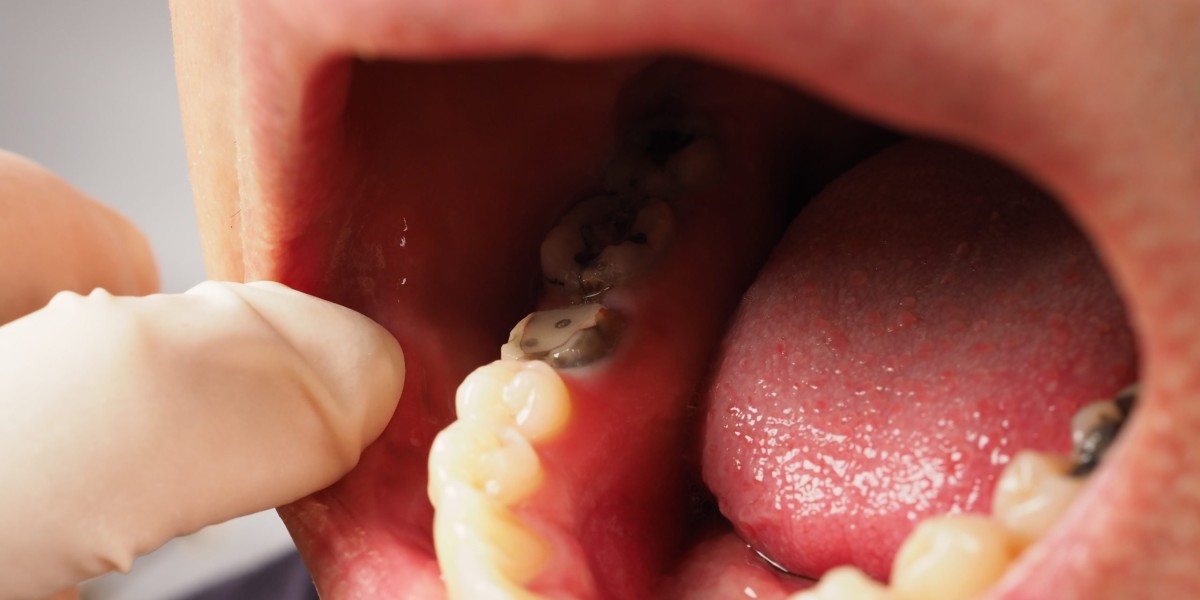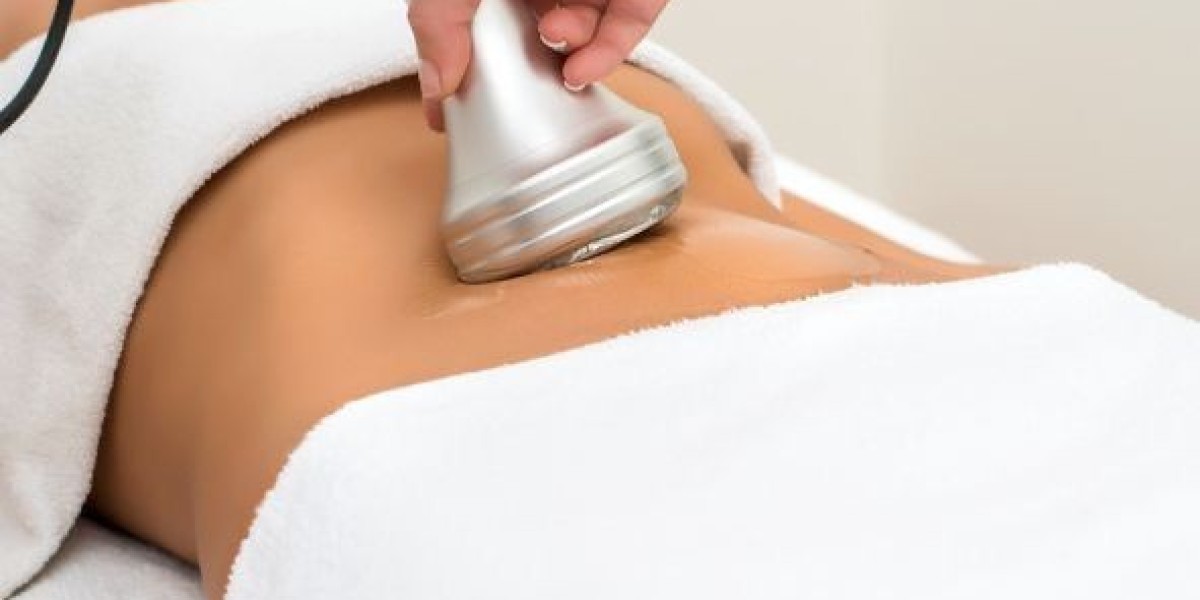Wondering how to care for teeth after a filling is a common concern for anyone who has just undergone the procedure. Dental Tooth Filling in Dubai are designed to restore your tooth’s structure and prevent further decay, but their success also depends on how well you care for your teeth afterward. Proper aftercare helps reduce discomfort, maintain filling longevity, and ensure optimal oral health. With the right habits, your restored tooth can function comfortably for many years.
Immediate Steps to Take After Getting a Filling:
Right after the procedure, your mouth may feel numb for a few hours. This is due to local anesthesia, and it’s important to take precautions until it wears off to avoid injury or complications.
What to do immediately after your filling:
Avoid chewing on the side of the mouth with the new filling
Refrain from eating hard, sticky, or hot foods until numbness wears off
Be cautious not to bite your cheek, tongue, or lips
Gently rinse your mouth with lukewarm salt water to reduce sensitivity
Take over-the-counter pain relief if you feel mild discomfort
Following these initial steps can prevent accidental damage and support proper healing of the tooth.
Eating and Drinking Tips Post-Filling:
What you eat and drink after a filling affects both your comfort and the durability of the restoration. While composite fillings harden immediately, your tooth may still be sensitive for a short time.
Smart eating habits after a filling include:
Start with soft foods like yogurt, mashed potatoes, or scrambled eggs
Avoid crunchy, hard, or chewy foods for at least 24 hours
Limit sugary snacks that can promote further decay
Skip very cold or hot beverages that may trigger sensitivity
Stay hydrated with room-temperature water
Resuming your normal diet gradually helps your tooth adapt without putting stress on the new filling.
Brushing and Flossing After a Filling:
Good oral hygiene remains essential after a filling to protect both the restored and natural parts of your tooth. However, you may need to brush a bit more gently near the treated area.
Oral care tips for post-filling hygiene:
Use a soft-bristled toothbrush and non-abrasive fluoride toothpaste
Brush twice a day, paying attention to the filled tooth but not scrubbing harshly
Floss daily, sliding the floss gently around the restored tooth
Avoid using whitening products immediately after the procedure
Consider using a sensitivity toothpaste if discomfort lingers
Proper brushing and flossing will prevent plaque buildup and keep your new filling in top shape.
Monitoring for Any Issues After the Procedure:
While most fillings settle without issues, it’s important to be aware of signs that indicate the filling may need attention. Discomfort beyond a few days could mean an adjustment is necessary.
Watch for these potential post-filling problems:
Persistent pain or sensitivity after a week
Feeling that your bite is uneven or “off”
Sharp edges or roughness when you run your tongue over the tooth
Cracks, chips, or pressure sensitivity
A filling that feels loose or seems to be moving
Contact your dentist promptly if any of these symptoms occur—they can usually fix the issue quickly and painlessly.
Long-Term Care to Keep Fillings Healthy:
Maintaining your Dental Tooth Filling Treatment for the long haul means developing consistent oral care habits and avoiding activities that could damage them. With good maintenance, fillings can last many years.
Tips for preserving fillings long-term:
Avoid biting hard objects like ice, pens, or fingernails
Wear a mouthguard if you grind your teeth at night (bruxism)
Schedule routine dental cleanings and checkups every 6 months
Reduce your intake of acidic or sugary drinks
Stay alert to any changes in your bite or sensation in the filled tooth
Your dentist will monitor existing fillings at each visit and recommend replacements if needed.
When to Call the Dentist After a Filling?
Even when you know how to care for teeth after a filling, sometimes professional help is required. Don’t hesitate to reach out to your dentist if something doesn’t feel right or you’re experiencing ongoing discomfort.
Contact your dentist if you experience:
Severe pain that doesn’t improve
Swelling near the filled tooth
Cracking sounds or signs of breakage
Difficulty chewing or pressure sensitivity
Sudden loss of the filling
Prompt attention ensures small issues don’t become bigger dental problems.








